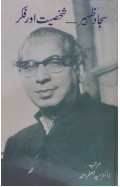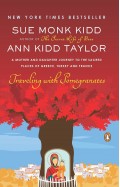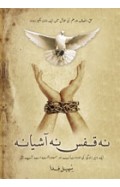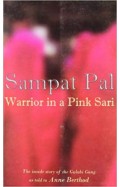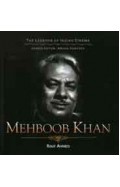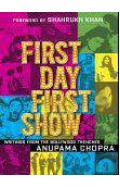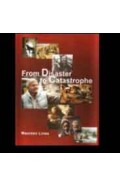Subhas and Sarat: An Intimate Memoir of the Bose Brothers
By: Sisir Kumar Bose
-
Rs 836.50
- Rs 1,195.00
- 30%
You save Rs 358.50.
Due to constant currency fluctuation, prices are subject to change with or without notice.
Subhas and Sarat is a closely observed portrait of the Bose family of Bengal—especially its two most famous members, Netaji Subhas Chandra Bose and his older brother, Sarat Chandra Bose—and their role in India’s freedom struggle.
The author, Sisir Kumar Bose (1920–2000)—Netaji’s nephew, and the son of Sarat Chandra Bose—focuses especially on the period spanning the mid-1920s to the turbulent 1940s when the freedom movement was at its peak. We are offered unprecedented insights into the participation of Subhas and Sarat in the politics of the time. From being a careful observer of the events taking place around him, the author becomes a participant in Netaji’s great escape from the colonial authorities, when he drives his uncle, under cover of darkness, from Calcutta to the Gomoh railhead in Bihar, from where Netaji travels to Kabul—and goes on to become the Supreme Commander of the Indian National Army.
Illustrated with rare photographs and documents, this lucidly written memoir is both the most original account of the public and private lives of Subhas and Sarat Bose and an enthralling narrative of India’s journey to independence.
| Book | |
| What's in the Box? | 1 x Subhas and Sarat: An Intimate Memoir of the Bose Brothers |
Subhas and Sarat is a closely observed portrait of the Bose family of Bengal—especially its two most famous members, Netaji Subhas Chandra Bose and his older brother, Sarat Chandra Bose—and their role in India’s freedom struggle.
The author, Sisir Kumar Bose (1920–2000)—Netaji’s nephew, and the son of Sarat Chandra Bose—focuses especially on the period spanning the mid-1920s to the turbulent 1940s when the freedom movement was at its peak. We are offered unprecedented insights into the participation of Subhas and Sarat in the politics of the time. From being a careful observer of the events taking place around him, the author becomes a participant in Netaji’s great escape from the colonial authorities, when he drives his uncle, under cover of darkness, from Calcutta to the Gomoh railhead in Bihar, from where Netaji travels to Kabul—and goes on to become the Supreme Commander of the Indian National Army.
Illustrated with rare photographs and documents, this lucidly written memoir is both the most original account of the public and private lives of Subhas and Sarat Bose and an enthralling narrative of India’s journey to independence.
Subhas and Sarat: An Intimate Memoir of the Bose Brothers
By: Sisir Kumar Bose
Rs 836.50 Rs 1,195.00 Ex Tax :Rs 836.50
Zubin Mehta: A Musical Journey (An Authorized Biography)
By: VOID - Bakhtiar K. Dadabhoy
Rs 630.00 Rs 1,050.00 Ex Tax :Rs 630.00
Traveling With Pomegranates A Mother And Daughter Journey To The Sacred Places Of Greece Turkey And France
By: Sue Monk Kidd
Rs 1,165.50 Rs 1,295.00 Ex Tax :Rs 1,165.50
First Day First Show : Writings from the Bollywood Trenches
By: Anupama Chopra
Rs 805.00 Rs 1,150.00 Ex Tax :Rs 805.00
The Beautiful and the Damned: Life in the New India
By: Siddhartha Deb
Rs 437.50 Rs 625.00 Ex Tax :Rs 437.50
No recently viewed books available at the moment.
Zubin Mehta: A Musical Journey (An Authorized Biography)
By: VOID - Bakhtiar K. Dadabhoy
Rs 630.00 Rs 1,050.00 Ex Tax :Rs 630.00
Subhas and Sarat: An Intimate Memoir of the Bose Brothers
By: Sisir Kumar Bose
Rs 836.50 Rs 1,195.00 Ex Tax :Rs 836.50












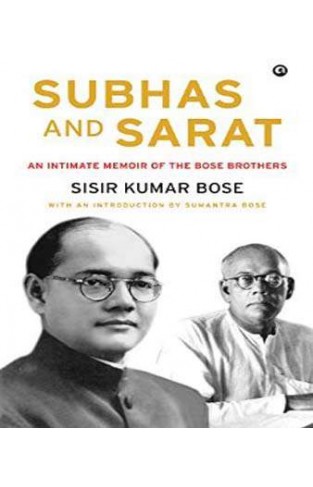
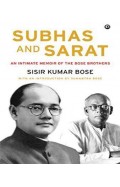
-120x187.jpg?q6)





